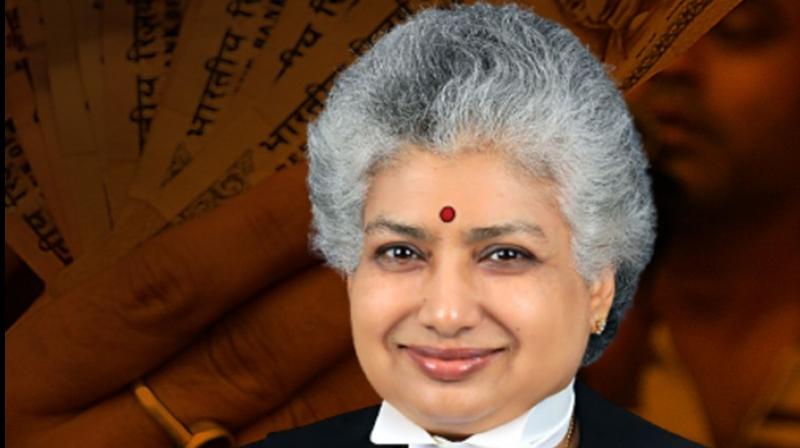Supreme Court Acquits Appellants Due to Deficient Investigation in Murder Case
Last Updated on October 21, 2023 by Administrator
In a recent landmark decision, the Supreme Court of India acquitted the appellants in a murder case, highlighting critical issues and shortcomings in the prosecution’s case. The case, dating back to April 22, 2016, involved the tragic death of a young boy in the village of Maheshwari. The convictions of the accused hinged largely on the testimony of Mohit (PW-9), who reported the incident, the recovery of motorcycles, and the motive alleged by PW-9 in his statement on the day of the event.
Issues
The main concerns, in this case revolved around inconsistencies and gaps in the prosecutions arguments. The Court took note that Suraj, who was present during the incident and sought refuge at Dharmenders house did not provide a statement or appear as a witness.
Reasoning
The Court meticulously examined the evidence and testimonies of eyewitnesses uncovering discrepancies. The Court expressed doubts about the credibility of the CCTV footage presented as evidence since it had not undergone examination at the Forensic Science Laboratory and the devices used for transferring the video were not obtained or secured by the police during their investigation.
Arguments
The defense argued that these shortcomings in the investigation undermined the prosecutions case making it impossible to establish beyond a doubt that the appellants were guilty. They contended that inadequate documentation statements from witnesses and unreliable electronic evidence had significantly weakened the credibility of the accusations against those on trial.
Conclusion
In a ruling the Supreme Court determined that due to deficiencies, in the investigation process the prosecution failed to meet its burden of proving beyond a doubt that those accused were guilty.As a result the Court overturned the convictions. Declared the appellants innocent. This case highlights how crucial it is to conduct an comprehensive investigation especially when there is a lack of reliable evidence. It serves as a reminder of the role credible evidence plays in maintaining fairness and upholding justice during trials.
Written – Athi Venkatesh





